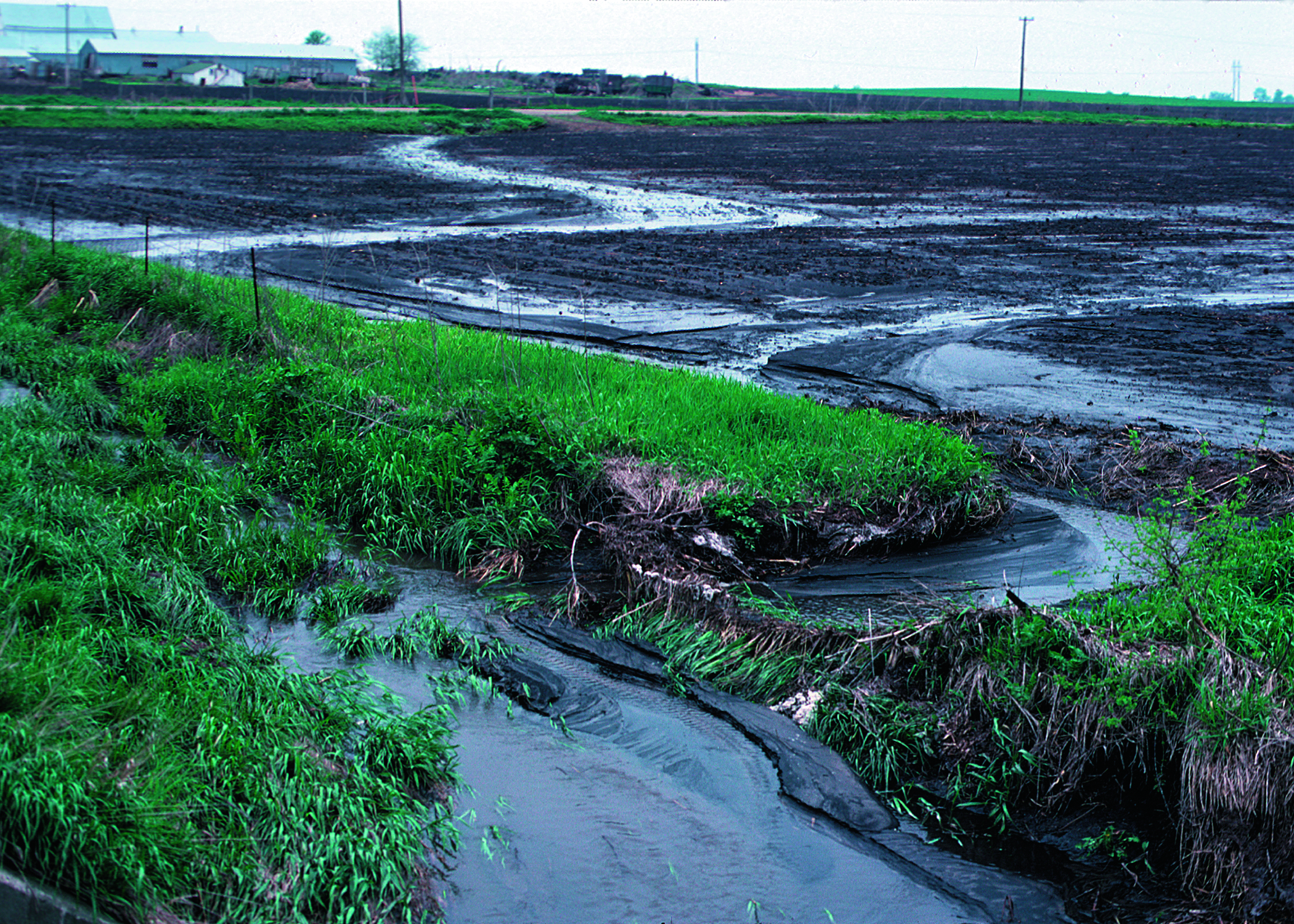Water pollution refers to the contamination of water bodies such as lakes, rivers, oceans, and groundwater by various harmful substances. It is a significant environmental issue that affects aquatic ecosystems, human health, and biodiversity. Water pollution can occur due to natural factors or human activities. Here are some common causes and types of water pollution:
- Industrial Pollution: Industries often release untreated or inadequately treated wastewater containing toxic chemicals, heavy metals, and pollutants into water bodies. This can lead to severe contamination and harm aquatic life.
- Agricultural Pollution: The use of pesticides, fertilizers, and herbicides in agriculture can result in the runoff of these chemicals into nearby water sources, causing water pollution. This runoff can contain harmful substances such as nitrogen and phosphorous, which lead to excessive growth of algae and depletion of oxygen, creating “dead zones” in water bodies.
- Municipal Waste: Improper disposal of solid waste, including plastics and other non-biodegradable materials, can end up in water bodies, causing pollution. Inadequate sewage treatment systems can also release untreated wastewater, carrying pathogens and pollutants into rivers and oceans.
- Oil Spills: Accidental or deliberate releases of oil into water bodies can have devastating effects on aquatic life and ecosystems. Oil spills occur due to accidents during oil extraction, transportation, or shipwrecks.
- Marine Dumping: Disposal of garbage, sewage sludge, and other waste materials directly into the ocean poses a significant threat to marine life and ecosystems. It can introduce toxins and hazardous substances into the water, affecting the balance of marine ecosystems.
- Sediment Pollution: Erosion of soil from construction sites, mining areas, and deforested lands can lead to sediment pollution in nearby water bodies. Excessive sedimentation can disrupt aquatic habitats, block sunlight penetration, and harm aquatic organisms.
- Thermal Pollution: Discharge of heated water from industrial processes or power plants into water bodies can alter the temperature, affecting the aquatic ecosystem. Sudden changes in water temperature can be harmful to aquatic plants and animals, especially those sensitive to temperature variations.
Water pollution has significant consequences, including the destruction of aquatic habitats, the decline of fish populations, the spread of waterborne diseases, and the degradation of drinking water sources. It is crucial to implement strict environmental regulations, promote sustainable practices, and raise awareness to prevent and mitigate water pollution.
What are the causes of water pollution in the USA?
Water pollution in the USA can be attributed to various causes, both natural and human-induced. Here are some significant causes of water pollution in the United States:
- Industrial Discharges: Industrial activities produce large volumes of wastewater containing pollutants such as heavy metals, chemicals, and toxins. Improper disposal or inadequate treatment of industrial effluents can result in the contamination of water bodies.
- Agricultural Runoff: The use of fertilizers, pesticides, and herbicides in agricultural practices can lead to the runoff of these chemicals into rivers, lakes, and groundwater. This runoff carries nutrients like nitrogen and phosphorous, which can cause excessive algae growth and deplete oxygen levels, leading to water pollution.
- Municipal Wastewater: Inadequate or outdated sewage treatment systems in urban areas can result in the discharge of untreated or partially treated wastewater into water bodies. This wastewater can contain pathogens, bacteria, and pollutants, posing a risk to human health and aquatic life.
- Stormwater Runoff: Urbanization and impervious surfaces, such as roads and parking lots, contribute to increased stormwater runoff. This runoff picks up pollutants, including oil, heavy metals, pesticides, and litter, and carries them into water bodies, degrading water quality.
- Oil and Chemical Spills: Accidental releases of oil and hazardous chemicals from transportation accidents, pipeline leaks, or industrial mishaps can contaminate water bodies. These spills have detrimental effects on aquatic ecosystems and can be challenging to clean up fully.
- Mining Activities: Mining operations, particularly those involving coal and metal ores, can result in the discharge of toxic substances and heavy metals into water bodies. Acid mine drainage, a common issue in mining areas, can contaminate streams and rivers with acidic water and high concentrations of heavy metals.
- Construction Activities: Construction sites generate sediment and debris that can be carried away by rainfall or wind, leading to sediment pollution in nearby water bodies. Construction chemicals, such as cement, paints, and solvents, can also find their way into water sources if not properly managed.
- Invasive Species: The introduction of non-native species into water bodies can disrupt ecosystems and negatively impact water quality. Invasive species can outcompete native species, alter habitats, and contribute to the degradation of water resources.
Efforts are underway in the United States to address these sources of water pollution through regulations, enforcement, and the promotion of sustainable practices. Organizations like the Environmental Protection Agency (EPA) play a crucial role in monitoring and regulating water quality to protect human health and the environment.






